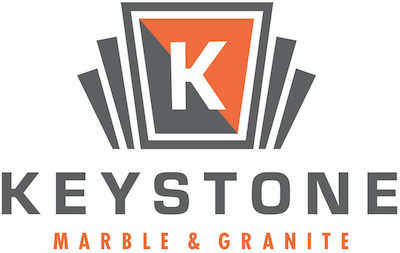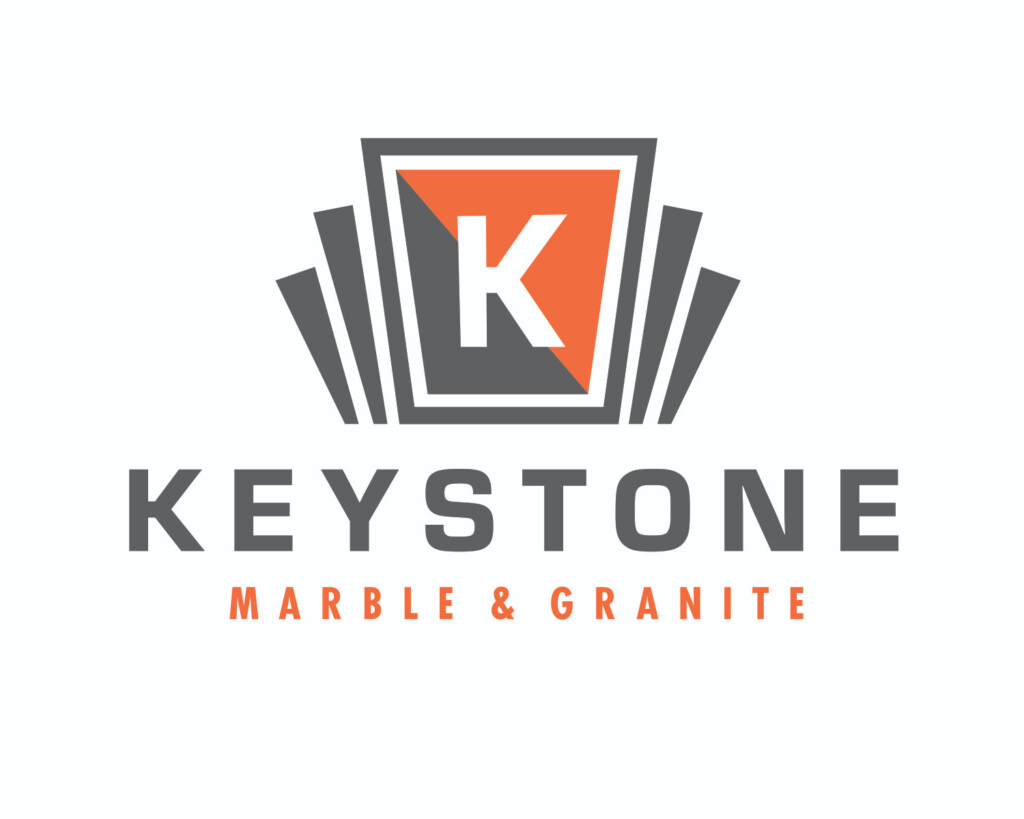The countertops in your home should resonate with your own personal style. You may find natural stone to be a better selection for your bathroom, while a more durable material like quartz to be optimal for your cooking space. Whether you’re upgrading the counters in your home or looking to redo your entire kitchen or bathroom, selecting the right materials for the project is essential. Do your due diligence to determine what materials are out there and which would be the most suitable for your needs. Three of the top most used countertop materials include solid surfaces, quartz and marble. Marble is a natural stone, while the other two are man-made. All come with their pros and cons.
Let’s take a closer look at the differences and then you can see which of them you’d like to go with.
The Easy-to-Maintain Quartz
Quartz is sought after because it doesn’t require much to keep it looking great. Thanks to its durability, it lasts a very long time. It is made of a mix of resin and minerals. The awesome thing about quartz is that it comes in a wide variety of colors, from apple green to snow white. You can also find those that have been honed, polished or have patterns and flecks. The substances it is made with are nonallergenic and nontoxic. It’s hard not to like quartz.
All quartz is engineered by man and is made up of roughty 90 to 95 percent ground quartz and between 5 and 10 percent pigments and resins. There are a variety of brands to select from, including Technistone, Silestone, Caesarstone, Cambria and Zodiaq. Some manufacturers have as many as 40 different options of colors and patterns. The average cost per foot installed is between $95 and $105.
The quartz content found in these countertops make it tough like granite. The resins its mixed with make it resistant to impact. It’s also nonporous, which means you don’t have to worry about stains and moisture seeping inside and wreaking havoc. Fewer joints are possible, thanks to the ease of fabricating it into larger pieces. The one downside to quartz is that it’s not resistant to heat. So make sure that you have trivets on standby.
When it comes to eco-friendliness, quartz is known to emit few volatile organic compounds into the air, which means better indoor air quality. It’s also nonallergenic, which is great news for allergy sufferers.
Timeless Marble Slabs
Those who are looking for a natural stone that screams luxury and elegance, marble is a great choice. It is a classic beauty that’ll never go out of style – hence why it’s referred to as a timeless piece. It adds warmth to the space and has great durability, allowing it to last for many years. It comes in a variety of colors, which makes it easier to match your kitchen’s décor.
Unlike quartz, marble is comprised of natural stones. It is made up of calcium carbonate, which is in the same family as travertine and limestone. The impurities in the stone give it unique color variations, adding to its appeal. Marble is known to last for a number of decades, while maintaining its former glory.
The downsides of this material is that it requires plenty of maintenance to upkeep. Its timeless patina will keep you busy during the cleaning process. You should avoid placing acidic foods on the porous surface, which can cause surface etching. A honed finish will reduce the appearance of etching.
Marble is pretty eco-friendly compared to other types of materials. It is, however, a finite material that is mind, so it potentially disrupts local ecosystems. Other options would be to find slabs that have been salvaged or recycled. You can also buy marble that was mined in your region to reduce energy costs for shipping.
The maintenance of marble is pretty straight forward. You want to use the correct solutions on the surface whenever you’re cleaning it. You should refrain from using mild detergents, which can dull the marble’s finish. The best way to keep your marble looking great is to perform routine care. Routine care consists of a soft cloth and warm water or cleaners that are designed for marble. You can also seal your countertop every year or two. You should try to find a sealant that is nontoxic.
The cost per sq ft installed ranges between $70 and 100.
High-Tech Solid Surface Countertops
We refer to solid surfaces as high-tech because of the way it was designed and the low maintenance it requires. It is highly durable, similar to quartz. Solid surfaces are made with resins and natural minerals, giving them an appearance that closely resembles natural stone. The installation of solid surface counters have to be performed by a professional. It also has to be purchased through an authorized retailer. Sorry DIYers!
One downside to solid surfaces is that it doesn’t have heat resistance. It’s recommended that you keep hot items on the stove. Corian is one brand that has great heat resistance, though. Some people have claimed that baking casseroles and placing hot iron pan on the countertop didn’t cause any adverse effects.
You don’t have to worry about seam visibility, since they are the same color as the rest of the slab. Scratches is another common concern associated with this material. It is almost guaranteed for scratches to appear if you cut on top of solid surfaces, unlike quartz. There’s no sealing required, since it is non-porous, just like quartz.
The price for solid surface varies, but usually begins around $67 per sq ft installed. Note that you are unable to purchase this on your own and will need a licensed contractor to do it for you. Most will offer this as part of their installation package. The same goes with quartz.
Natural and engineered stones are the perfect addition to a kitchen or bathroom. The price and level of maintenance required will determine which one you choose for your home.


